Supermodel sisters Gigi and Bella Hadid support Palestine with actions that go beyond social media posts. Recently, the duo donated $1 million to provide relief for Palestinians in Gaza, directing funds to four humanitarian organizations amid the ongoing conflict. Their substantial contribution benefits Heal Palestine, Palestine Children’s Relief Fund, World Central Kitchen, and the United Nations Relief and Works Agency.
The Hadid sisters’ commitment stems from their family background. Their father, Mohamed Anwar Hadid, was born into a Palestinian Muslim family in Nazareth in 1948. As half-Palestinian and half-Dutch, Bella and Gigi have consistently used their platform to highlight Palestinian causes. In 2022, their father helped produce “Walled Off,” a documentary that explores life under military occupation. Additionally, the organizations they support provide critical services, including food distribution, medical programs, assistance for displaced families, and psychological services for those affected by the war between Israel and Hamas.
Gigi and Bella Hadid Support Palestine with $1M Donation: A Powerful Statement
The Palestinian-American supermodel sisters recently made their support tangible with a substantial financial contribution. In June 2024, Bella and Gigi Hadid collectively donated $1 million to Palestinian relief efforts, making a clear statement about their commitment to humanitarian aid in Gaza.
Which organizations received the funds
The sisters thoughtfully divided their donation equally among four key humanitarian organizations. Consequently, each organization received $250,000 to further their critical work in Gaza. The beneficiaries include HEAL Palestine, an acronym for health, education, aid, and leadership, which focuses on providing Palestinian youth opportunities for a brighter future. The Palestine Children’s Relief Fund (PCRF), founded in 1991, delivers free medical care to thousands of injured and ill children while maintaining pediatric cancer departments in Palestine. Furthermore, World Central Kitchen (WCK), founded by José Andrés, provides chef-prepared meals to communities impacted by conflicts, having delivered over 400 million meals worldwide. The United Nations Relief and Works Agency (UNRWA) rounds out the recipients, supporting humanitarian assistance specifically for Palestinian refugees.
Focus on children and displaced families
The Hadid sisters deliberately selected organizations that prioritize vulnerable populations. Specifically, these agencies provide humanitarian aid through food distribution, medical programs, assistance for displaced families, and psychological services amid the ongoing conflict. PCRF’s “Gaza Relief and Recovery” campaign allocates funds for immediate relief, essentially providing medical supplies, food, treatment, clean water, and other necessities for families affected by the conflict. This focus on children and families reflects the sisters’ concern for the disproportionate impact of the war on Gaza’s most vulnerable residents.
Why this donation matters now
The timing of this contribution is particularly significant given the escalating humanitarian crisis. More than 36,400 Palestinians have been killed since October 7, with women and children comprising the majority of casualties. Moreover, much of Gaza’s infrastructure has been destroyed by Israeli attacks, leaving over half the population at risk of famine, with 37 people already confirmed to have died of malnutrition and dehydration. The sisters’ donation followed a major Israeli assault on Rafah that prompted global outrage. Through their actions, Bella and Gigi Hadid demonstrate that celebrity advocacy can translate into meaningful material support during critical humanitarian emergencies.
What Drives Their Support for Palestine
The Hadid sisters’ activism for Palestine runs deeper than mere celebrity advocacy. Their commitment is rooted in personal family history that spans generations of displacement and cultural identity.
Bella and Gigi Hadid’s parents and background
Born to Mohamed Anwar Hadid, a Palestinian-American real estate developer, and Yolanda Hadid, a Dutch former model, the sisters embody a mixed heritage that shapes their worldview. Mohamed was born in Nazareth in 1948, while their maternal lineage traces back to the Netherlands. Through their father, the Hadids claim descent from Dahir al-Umar, the 18th-century ruler of northern Palestine. This royal lineage adds historical depth to their connection with the region, although they were raised primarily in the United States.
Mohamed Hadid’s refugee experience
The most profound influence on the sisters’ activism stems from their father’s refugee experience. Mohamed was born during the 1947-1949 Palestine War, and his family was forced to flee when he was just 18 months old. His parents walked for two nights to reach the Lebanese border before finding refuge in Syria. In a poignant twist of fate, the Hadid family lost their home in Safed to Jewish refugees from Poland whom they had sheltered for two years. This firsthand experience of displacement continues to resonate through generations, especially as Mohamed has shared that neither his parents nor his grandmother could be buried in their homeland.
Cultural identity and personal responsibility
Both sisters navigate complex identities as mixed-race celebrities. Gigi has openly discussed feeling “too white to stand up for part of my Arab heritage”, yet this hasn’t deterred her advocacy. Bella has embraced her Muslim identity, noting that her father’s refugee experience drives her participation in protests. Their advocacy comes at a cost—Bella revealed losing brand partnerships and receiving death threats for her stance. Nevertheless, both sisters remain committed to using their platform for what they describe as a “responsibility” they hold daily.
Public Advocacy Through Fashion and Media
Beyond financial donations, the Hadid sisters use their visibility in fashion and entertainment to highlight Palestinian causes.
Bella’s keffiyeh dress at Cannes
Bella Hadid turned heads at the 2024 Cannes Film Festival when she stepped out in a striking red and white keffiyeh-inspired dress. This vintage piece, designed by Michael and Hushi in 2001, represented her cultural heritage on the global stage. The keffiyeh pattern holds symbolic significance—the fishnet design represents the Mediterranean Sea, thick borders symbolize trade routes, and wavy lines depict olive leaves, signifying resilience. “Palestine on my mind, in my blood and on my heart. Always,” Bella wrote on Instagram after wearing the dress.
Social media posts and pinned tributes
Both sisters maintain active digital advocacy. Bella has a pinned Instagram post from 2021 featuring the quote: “It’s free Palestine til Palestine is free”. She also pinned a video explaining the Nakba—the 1948 displacement of hundreds of thousands of Palestinians. In October 2023, both sisters joined the Artists4Ceasefire movement, signing an open letter calling for immediate de-escalation in Gaza.
Documentary and music projects by family members
The Hadid family extends their advocacy into media production. Their half-sister, Alana, launched Watermelon Pictures, a Palestinian-owned film company that focuses on “cultural representation and social advocacy.” Their brother, Anwar, co-produced “Walled Off,” a documentary that explores life under military occupation in Palestine. Recently, Bella also appeared in “Gaza is Calling,” a short film with Canadian-Sudanese singer Mustafa and Gazan rap prodigy MC Abdul.
Facing Criticism and Staying Committed
The Hadid sisters’ advocacy for Palestine hasn’t come without significant personal and professional costs. Their stance has triggered backlash, controversies, and even threats.
Adidas campaign controversy
In July 2024, Bella Hadid faced severe criticism after appearing in Adidas’ SL72 campaign, which showcased sneakers connected to the 1972 Munich Olympics, where Palestinian militants killed 11 Israeli athletes and a German police officer. Following backlash from Jewish organizations, Adidas pulled the campaign, apologizing for the “unintentional mistake”. Bella later clarified she had “no knowledge of the historical connection” and was “shocked” by “the lack of sensitivity that went into this campaign”. She emphasized, “I do not believe in hate in any form, including antisemitism”.
Online backlash and threats
Both sisters have received numerous death threats via social media, email, and their personal phones after their numbers were leaked online. According to reports, these threats included graphic descriptions of their executions. Their father, Mohamed Hadid, considered involving the FBI to trace the perpetrators behind these threats. In 2022, Bella revealed that her pro-Palestinian stance had cost her modeling jobs and brand partnerships.
Statements on antisemitism and human rights
Despite criticism, both sisters have clearly distinguished their support for Palestinians from antisemitism. Gigi stated, “While I have hopes and dreams for Palestinians, none of them include the harm of a Jewish person”. Similarly, Bella emphasized, “Antisemitism has no place in the liberation of the Palestinian people”. Following critique from Israel’s official social media accounts, Gigi maintained that “condemning the Israeli government is not antisemitic and supporting Palestinians is not supporting Hamas”.
While Hadid sisters have taken a stand, he is not alone. Dozens of other Hollywood stars, musicians, and athletes are pushing back against silence and lobbying pressure. Read our full list in Celebrities Supporting Palestine.
Final Thoughts
Throughout their public advocacy journey, the Hadid family has demonstrated an unwavering dedication to Palestinian causes that extends beyond the two famous sisters. Their collective voice represents a multigenerational commitment to humanitarian relief and cultural preservation.
Bella Hadid once stated, “I’m not afraid to lose modelling jobs and I will continue to speak up on Palestine”, a declaration that underscores her prioritization of principles over profit. Their half-sister Alana expressed an even broader vision: “The fight for a free Palestine is the fight for freedom, for everyone… for a free Congo, for a free Puerto Rico, for a free Sudan”.
Indeed, the siblings’ support transcends mere celebrity activism—their father, Mohamed Hadid’s experience as a refugee shapes their understanding of displacement firsthand. Their joint $1 million donation to organizations focusing on children and families demonstrates their practical approach to advocacy.
Both sisters have carefully articulated positions that separate support for Palestinian human rights from antisemitism. As Gigi emphasized, “While I have hopes and dreams for Palestinians, none of them include the harm of a Jewish person.”
The Hadid family’s continuous advocacy—through fashion, documentaries, social media, and financial contributions—reflects their dedication to raising awareness about Palestinian struggles regardless of professional or personal consequences they might face.
FAQs
1. How much money did Gigi and Bella Hadid donate to Palestinian relief efforts?
The Hadid sisters collectively donated $1 million in June 2024, dividing the funds equally among four humanitarian organizations.
2. Which organizations received donations from the Hadid sisters?
They supported HEAL Palestine, Palestine Children’s Relief Fund (PCRF), World Central Kitchen (WCK), and the United Nations Relief and Works Agency (UNRWA). Each received $250,000.
3. Why did Gigi and Bella Hadid decide to support Palestine?
Their activism is deeply personal. Their father, Mohamed Hadid, is a Palestinian refugee born in Nazareth in 1948. His family’s displacement during the 1947–1949 war significantly shaped their worldview and commitment to Palestinian causes.
4. How have the Hadid sisters shown support beyond donations?
They have:
-
Worn symbolic fashion pieces like Bella’s keffiyeh-inspired dress at Cannes.
-
Used their large social media platforms to highlight Palestinian history and humanitarian issues.
-
Participated in movements such as Artists4Ceasefire.
-
Supported documentary and media projects about Palestine.
5. Have the Hadid sisters faced backlash for their pro-Palestinian stance?
Yes. They have faced online threats, loss of brand deals, and public controversies. Bella Hadid, in particular, revealed she has lost modeling opportunities due to her activism.
6. Do the Hadid sisters equate their support for Palestine with antisemitism?
No. Both have explicitly stated that supporting Palestinian human rights does not mean being antisemitic. They emphasize peace and oppose all forms of hate.
7. How does their father, Mohamed Hadid’s, story influence them?
Mohamed was displaced as a baby during the Nakba (1948 Palestinian exodus). His family lost their home in Safed and lived as refugees. His experiences strongly influence his children’s advocacy.
8. What impact could their donation have in Gaza?
The funds are directed toward food distribution, medical care, psychological support, and aid for displaced families, addressing the urgent humanitarian crisis worsened by recent escalations in Gaza.
9. Have other celebrities joined the Hadid sisters in supporting Palestine?
Yes. Many actors, musicians, and athletes have spoken out or contributed to relief efforts. The Hadid sisters are among the most vocal and consistent celebrity advocates.
10. What message do the Hadid sisters want to send through their advocacy?
They stress that their fight is for human rights, dignity, and freedom for Palestinians. Bella has said she is “not afraid to lose modeling jobs” to stand up for Palestine, while Gigi has emphasized peace and coexistence.

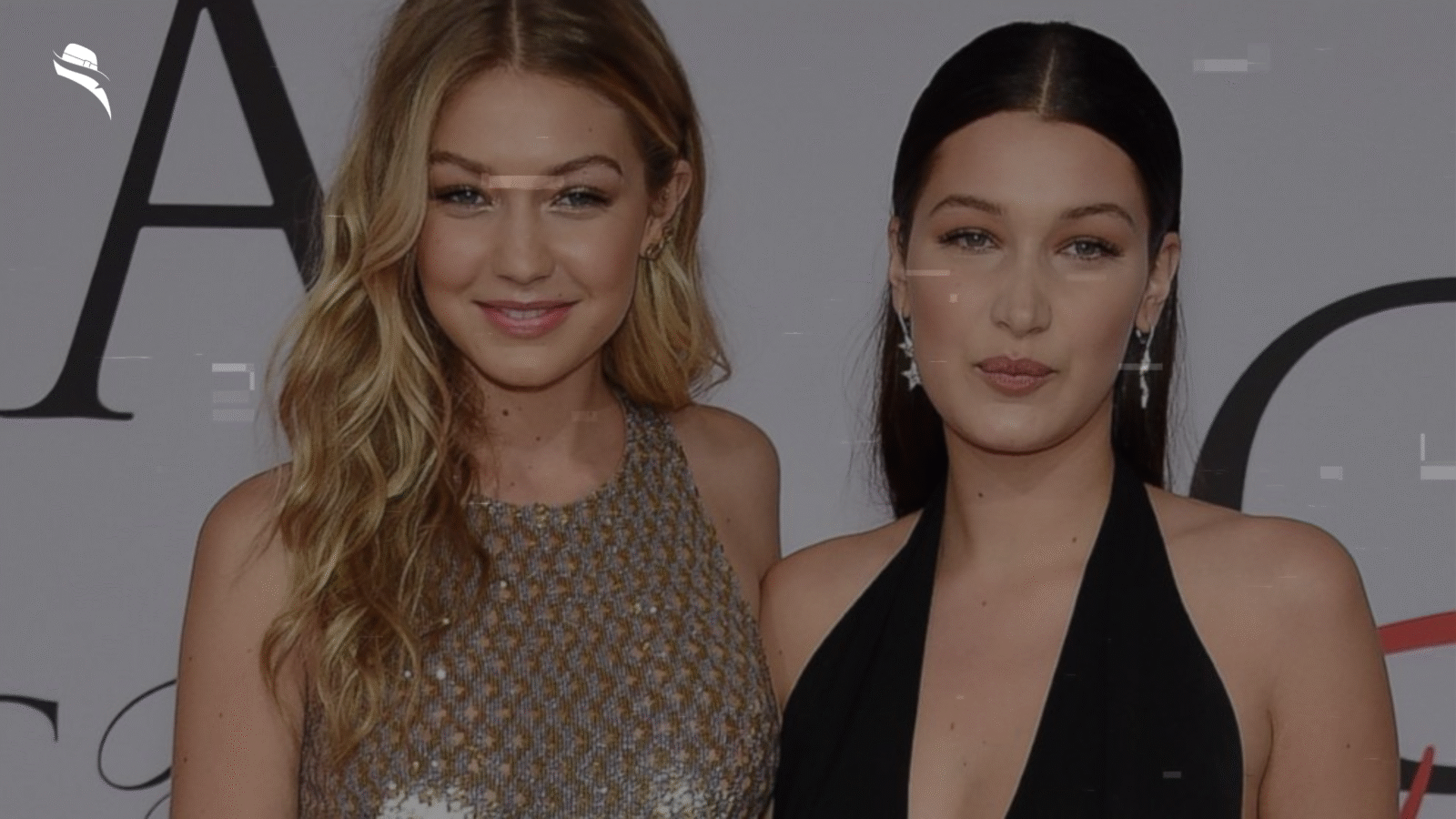
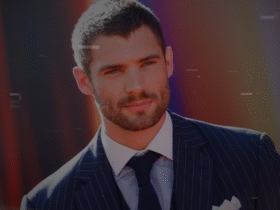
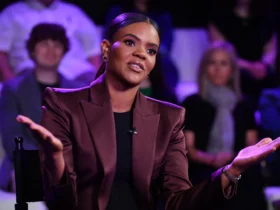
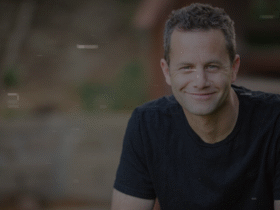
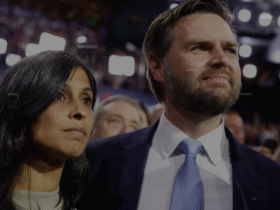
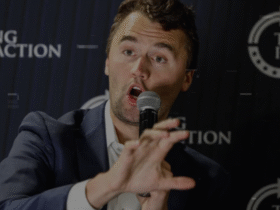
1 Comment